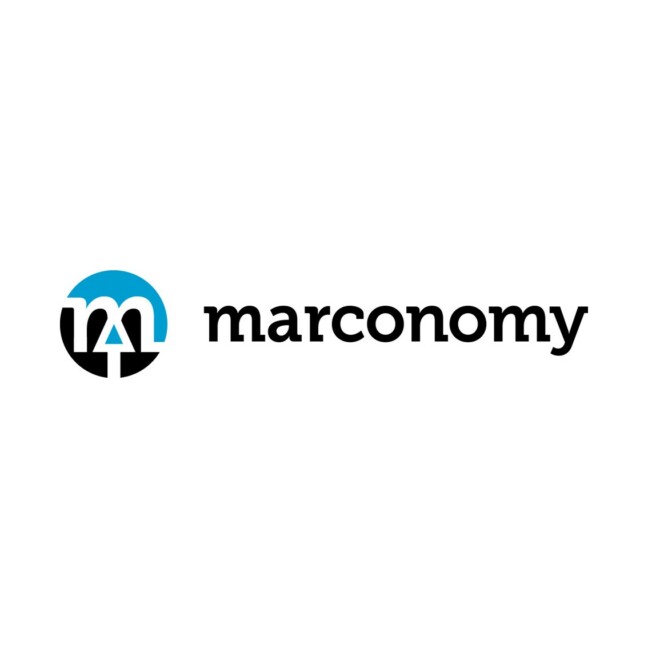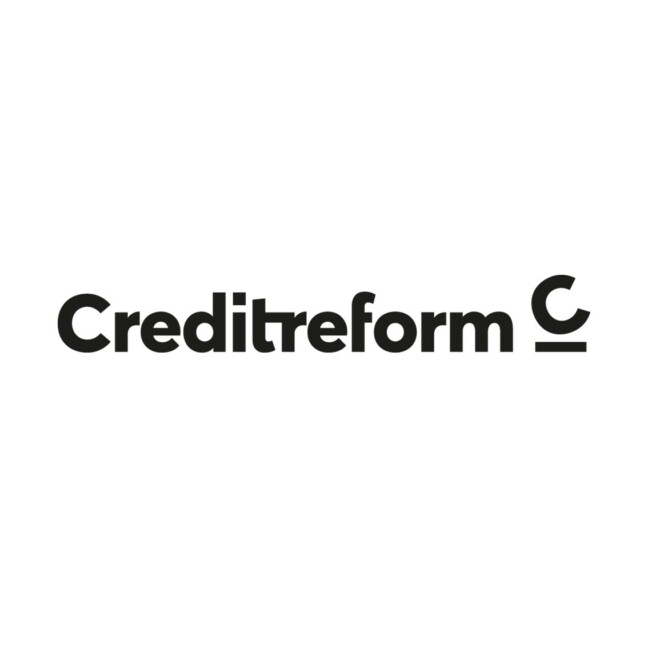Our contributions in the media
The complexity of VAT and customs regulations in Europe poses major challenges for e-commerce companies. That is why we are happy to share our expertise with media publications.
What the OSS means for merchants’ processes and what challenges it brings with it
On 1 July 2021, the One-Stop-Shop (OSS) was introduced with the so-called VAT Digital Package. It should simplify reporting and taxation obligations. However, the first months showed that the procedure for declaring foreign sales is still very complex and time-consuming in many places. What do merchants have to pay attention to when using OSS?

IOSS, import duties, marketplace liability – what merchants have to bear in mind in customs and logistics processes
In the context of the EU’s VAT digital package, merchants have to rethink their processes continuously because these new requirements keep presenting them with new challenges. The guest article by Andreas Weidner, Vice President Customs Compliance at eClear AG, deals with the current state of customs and logistics.

E-commerce in Europe: How fintech companies are keeping tax frustration away from online merchants
Standard, reduced, exempt: EU countries tax products very differently. For online merchants, the tax tangle is a nightmare. Financial service providers want to remedy the situation.
Note: If you are not a plus subscriber, click here for the PDF.

New EU reform and the import-one-stop-shop: How merchants can avoid customs chaos
On 1 July 2021, the VAT digital package came into force. The EU reform has a significant impact on merchants’ tax and customs operations. Find out in this article what changes this will bring to customs clearance and how merchants will have to adapt their processes.

The EU’s One-Stop-Shop Procedure: The Lessons of the Last Three Months
The OSS procedure is actually intended to simplify the declaration obligations of companies with foreign sales. However, initial experience shows the opposite: in many places, the process is still complex and time-consuming. The details can be found in this article.

New VAT rules for platform commerce – what to do
Many online merchants also sell to other EU countries on a large scale via platforms. New tax rules apply to this from 1 July 2021. This makes things complicated – but intelligent software solutions can help. These are presented in more detail in this article.

How Peer Steinbrück wants to fight Europe’s tax chaos with a start-up
The Handelsblatt reports on the mission and vision of eClear, which wants to bring more clarity to Europe’s single market with its VAT engine and a full-service VAT clearing solution and regulate the complicated payment of VAT for online merchants.

VAT E-Commerce Package | Interview with eClear and Taxdoo
1 July 2021 was the go-live date for the VAT e-commerce package, which entails far-reaching changes to VAT for online merchants, marketplace operators and tax advisors. The taxtech.blog spoke to eClear and another tax tech company about this.

Interview with Anita Richter: VAT in online business 2021 – what will change?
On the first of July 2021, the modernisation of VAT in cross-border trade came into force. eClear was available to E-Commerce Magazin for an interview and gave online merchants valuable tips and advice on what needs to be observed in terms of VAT in cross-border e-commerce from now on.

This new tax law will apply to online trade across the EU from 1 July – and will make more merchants pay
The biggest VAT reform in the EU comes into force on 1 July and poses new challenges for many online merchants. With the new delivery thresholds, many more online merchants will be liable to pay tax in other EU countries than before. Even Amazon merchants with lower delivery thresholds could become liable for tax in other EU countries and have to cope with the hundreds of different tax rates.

